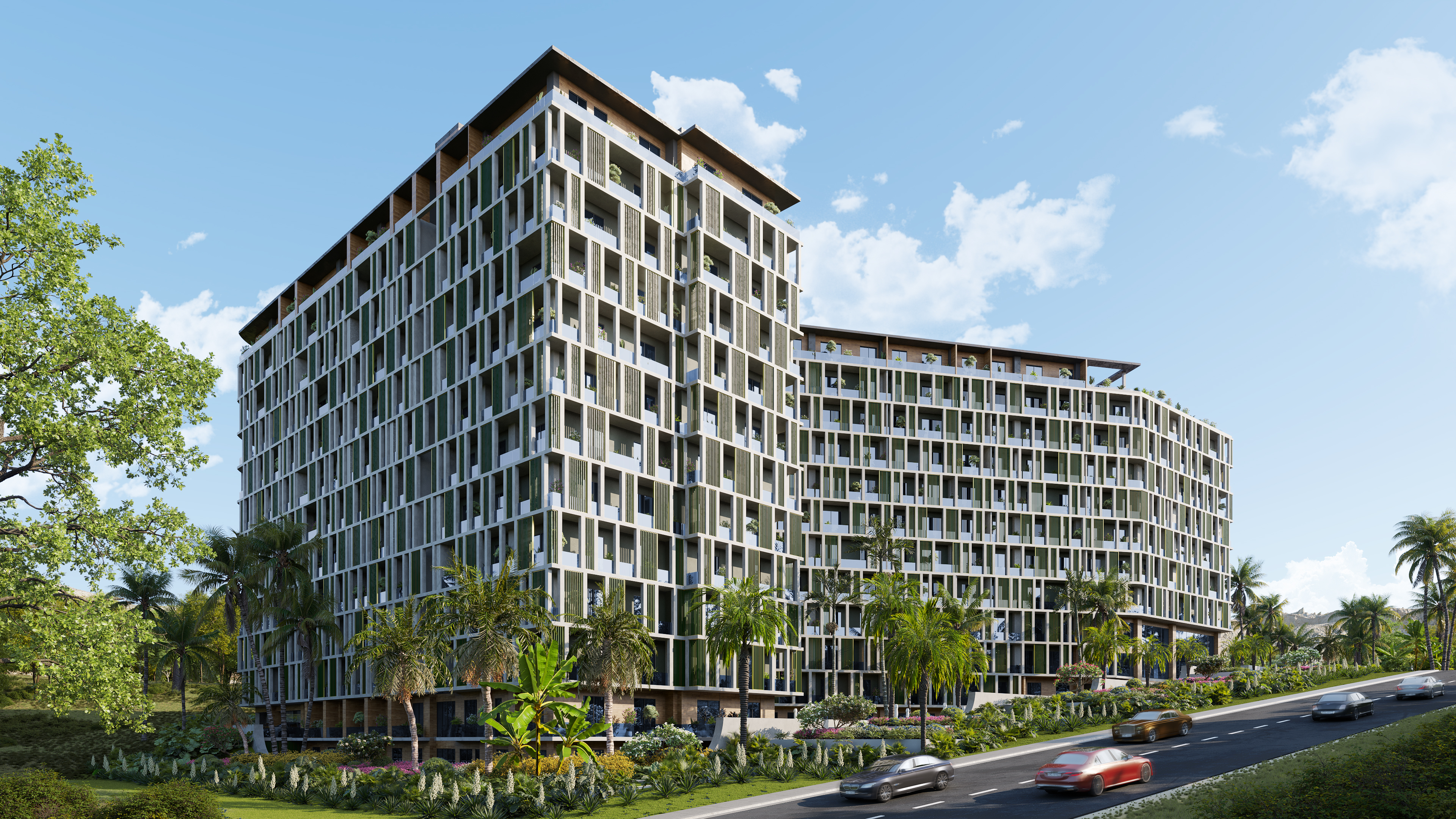After months of strategic diplomacy, Pakistan has unlocked a new wave of global capital, with $64.8 billion pledged across six major deals. This time, the numbers aren’t just headlines. Each commitment is tied to specific sectors, timelines, and programmes, signalling a shift from promises to implementation.
World Bank: A $40 Billion, 10-Year Anchor
The World Bank unveiled a $40 billion Country Partnership Framework (CPF) spanning 2026-35, the first decade-long roadmap it has ever adopted for Pakistan. Half will arrive as sovereign funds for education, healthcare, clean energy, and climate resilience; the other half will be catalysed through IFC-led private-sector investment.
This level of long-term funding goes beyond financial support. It reduces risk for private investors, accelerates infrastructure development, and reinforces macroeconomic stability.
Gulf Capital: $18 Billion of Strategic Muscle
UAE – $10 Billion: President Sheikh Mohamed bin Zayed pledged a diversified package across energy, port operations, logistics, minerals, and banking. As reported by Reuters.
Saudi Arabia – $5 Billion: As reported by Arab News, Crown Prince Mohammed bin Salman green-lit the first wave of sector-wide projects in agriculture, refining, and industrial expansion.
Qatar – $3 Billion: According to Forbes, following the Prime Minister of Pakistan’s Doha visit, Qatar earmarked funds to deepen bilateral economic cooperation across trade, culture, and investment.
Collectively, the Gulf trio’s capital provides rapid foreign-exchange inflows and signals regional confidence in Pakistan’s reform trajectory.
Multilateral & Regional Reinforcement
IMF – $2.3 Billion: On 9 May 2025, the IMF Board approved twin facilities — $1 B under the Extended Fund Facility and $1.3 B via the Resilience & Sustainability Facility — after Pakistan met all prior-action targets.
Azerbaijan – $2 Billion: Finalised in February, Baku’s package focuses on power and logistics corridors, alongside liquefied natural gas supply and pipeline collaboration.
These deals strengthen Pakistan’s balance-of-payments buffer and diversify its partnership map beyond traditional lenders.
What It Means for Real Estate Investors
Macro Stability Creates Confidence: With IMF oversight and the World Bank's decade-long framework in place, Pakistan enters a more stable policy environment, and a foundational condition for long-term real estate investment.
Infrastructure Drives Land Value: $64.8 billion in funding across energy, logistics, and transport will directly improve regional connectivity. Historically, these upgrades lift land prices, spur urban development, and expand residential and commercial demand zones.
Capital Moves First, Property Follows: In emerging markets, physical development is often the first signal that property cycles are turning. As large-scale funding hits the ground, housing demand, rental yields, and capital appreciation tend to follow within 12–18 months.
Real Estate Is the Next Frontier
For overseas Pakistanis and global HNWIs, this is a moment of strategic alignment. The fundamentals are shifting, international capital is flowing in, and ground realities are improving. Overseas Pakistanis and Individuals who move early stand to benefit from market gains before a broader revaluation takes hold.
Explore Investment-Grade Opportunities in Pakistan
As momentum builds, smart investors are turning to real estate, one of the first sectors to reflect macroeconomic revival. Discover One Homes’ luxury developments in Lahore and Islamabad, designed specifically for overseas buyers seeking long-term value, portfolio diversity, and fully-managed assets.
Recent News



